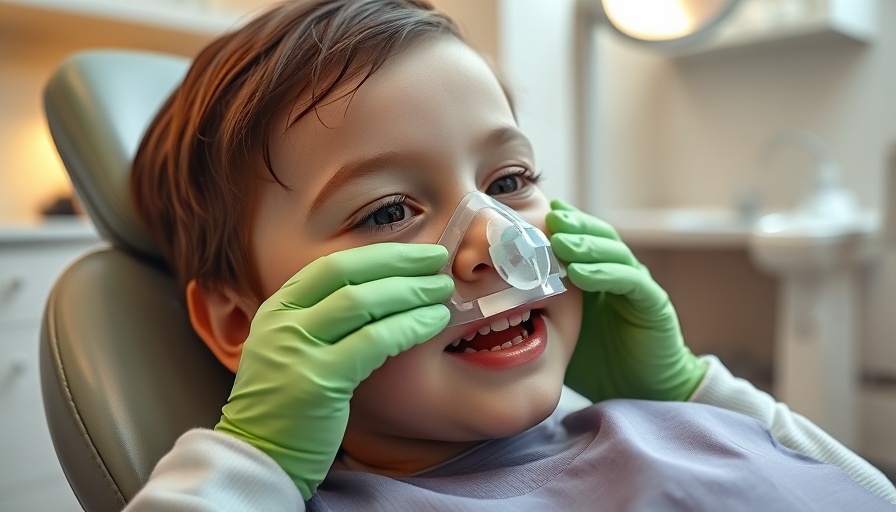
Understanding Tooth Damage: The Risks You Might Face
Tooth damage, such as chips and cracks, can be more than just a cosmetic issue. In a fast-paced world where health often takes a backseat, dental mishaps are surprisingly common. Whether due to accidental falls, sports injuries, or simply grinding your teeth at night, understanding the nuances of tooth damage is crucial. Not only can a chipped or cracked tooth be painful, but it can also expose sensitive inner layers, harbor bacteria, and lead to serious dental issues.
First Steps After a Dental Accident: What to Do Immediately
When dealing with a chipped or broken tooth, it’s easy to panic. However, the first step is to remain calm and remember the following actions to protect your oral health:
- Rinse your mouth with warm water.
- If you note swelling, apply a cold compress outside of your cheek to reduce pain effectively.
- Take over-the-counter pain relief to manage discomfort.
- For a broken tooth, collect any pieces and wrap them in a clean cloth to present to your dentist.
Immediately seeking help from a dentist is essential, even if the damage doesn’t seem severe. Neglecting to treat dental injuries exposes you to problems, including infections.
Aftercare: Keeping Your Tooth Safe Until Professional Help
While awaiting professional treatment, you can take precautions to protect your tooth and oral health:
- Avoid using the affected side of your mouth while chewing.
- Seal any sharp edges with sugar-free gum to prevent injury to your tongue or cheeks.
With these considerations, not only do you prioritize your health, but you also minimize the risk of complications and promote a smoother repair process.
Common Treatments for Chipped or Cracked Teeth: What to Expect at the Dentist
After you visit the dentist, the treatment for a chipped or cracked tooth will depend on the severity of the damage. Common approaches include:
- Bonding: For minor chips, dentists often use a tooth-colored composite resin that bonds directly to the existing tooth.
- Crowns: If a significant portion of your tooth has been damaged, your dentist may recommend a crown to restore its shape and function.
- Root Canals: In cases where the pulp has been exposed, a root canal treatment may be necessary to remove any infection and protect the tooth.
Understanding these options provides valuable insight into preventative care for your family’s dental health. Regular dental visits can help detect issues before they arise, while instilling positive habits in your children about oral hygiene.
Preventive Measures: Minimizing the Risk of Future Dental Accidents
As a health-conscious family decision-maker, prioritizing dental health is vital. Encourage your family to:
- Wear protective gear during sports activities.
- Maintain a balanced diet rich in calcium to strengthen teeth.
- Limit sugary snacks and beverages that contribute to decay.
Fostering these habits will not only reduce the likelihood of tooth damage but also contribute to a lifetime of healthy smiles.
In Times of Emergency: When to Seek Immediate Care
There are instances when a chipped or cracked tooth signifies a dental emergency. If you experience severe pain, heavy bleeding, or swelling, it’s crucial to contact your dentist or seek treatment at an emergency room. The urgency of these symptoms should never be underestimated.
Final Thoughts: Empowering Yourself and Your Family
Tooth chips and cracks can happen to anyone, especially to active families. By being proactive and informed, you can navigate dental health with a sense of confidence. Remember, when in doubt, reach out to a dental professional for help. Prioritizing your family’s oral hygiene today can lead to healthier smiles tomorrow!
 Add Row
Add Row  Add
Add 




Write A Comment